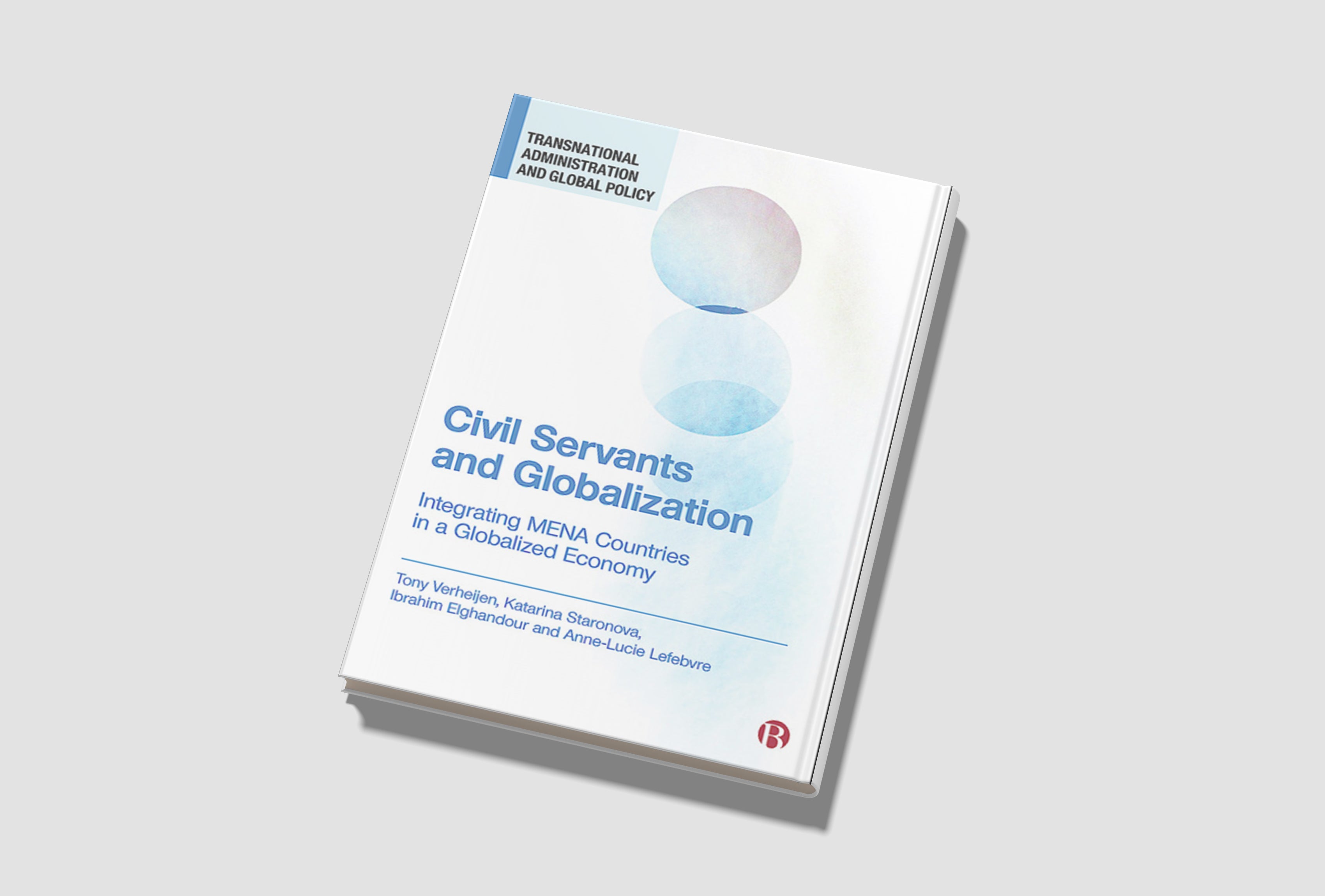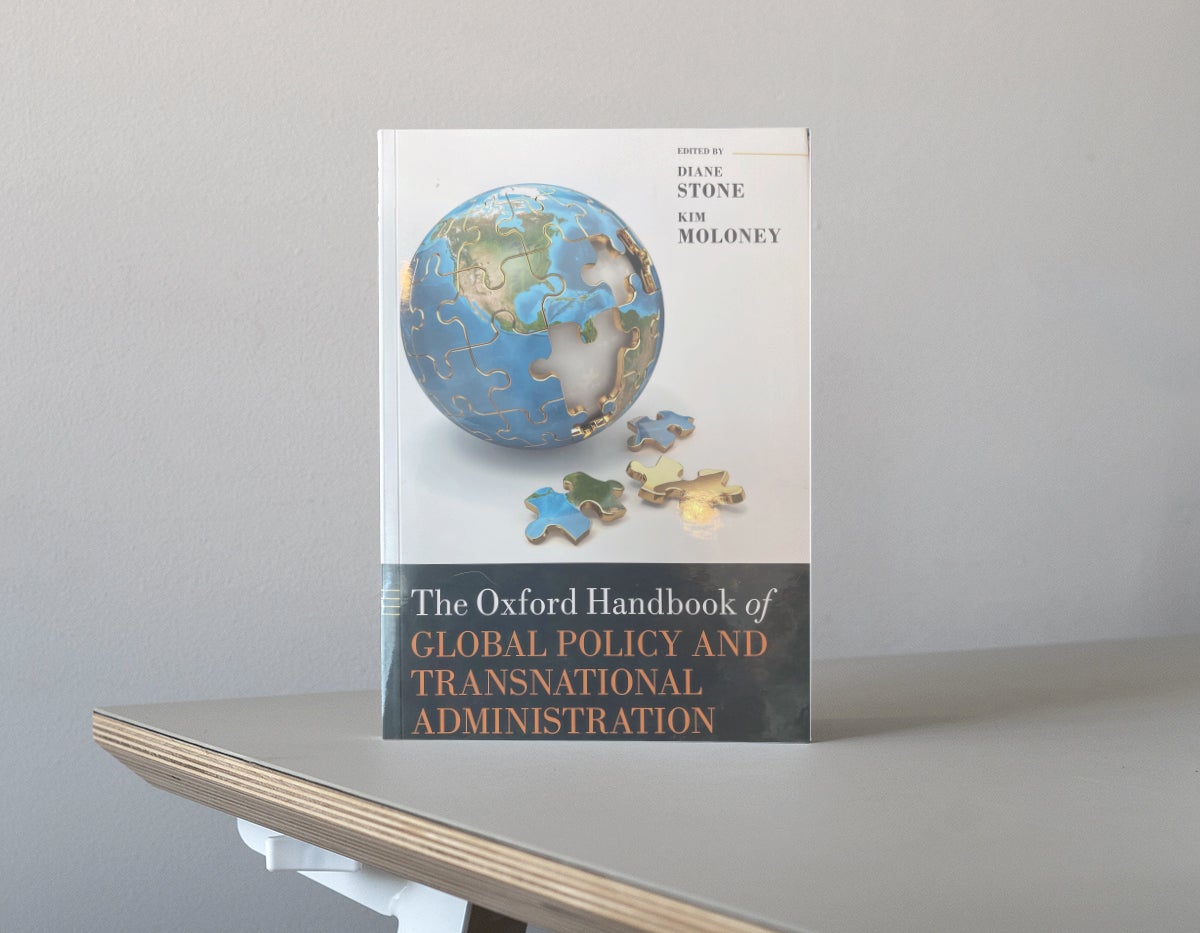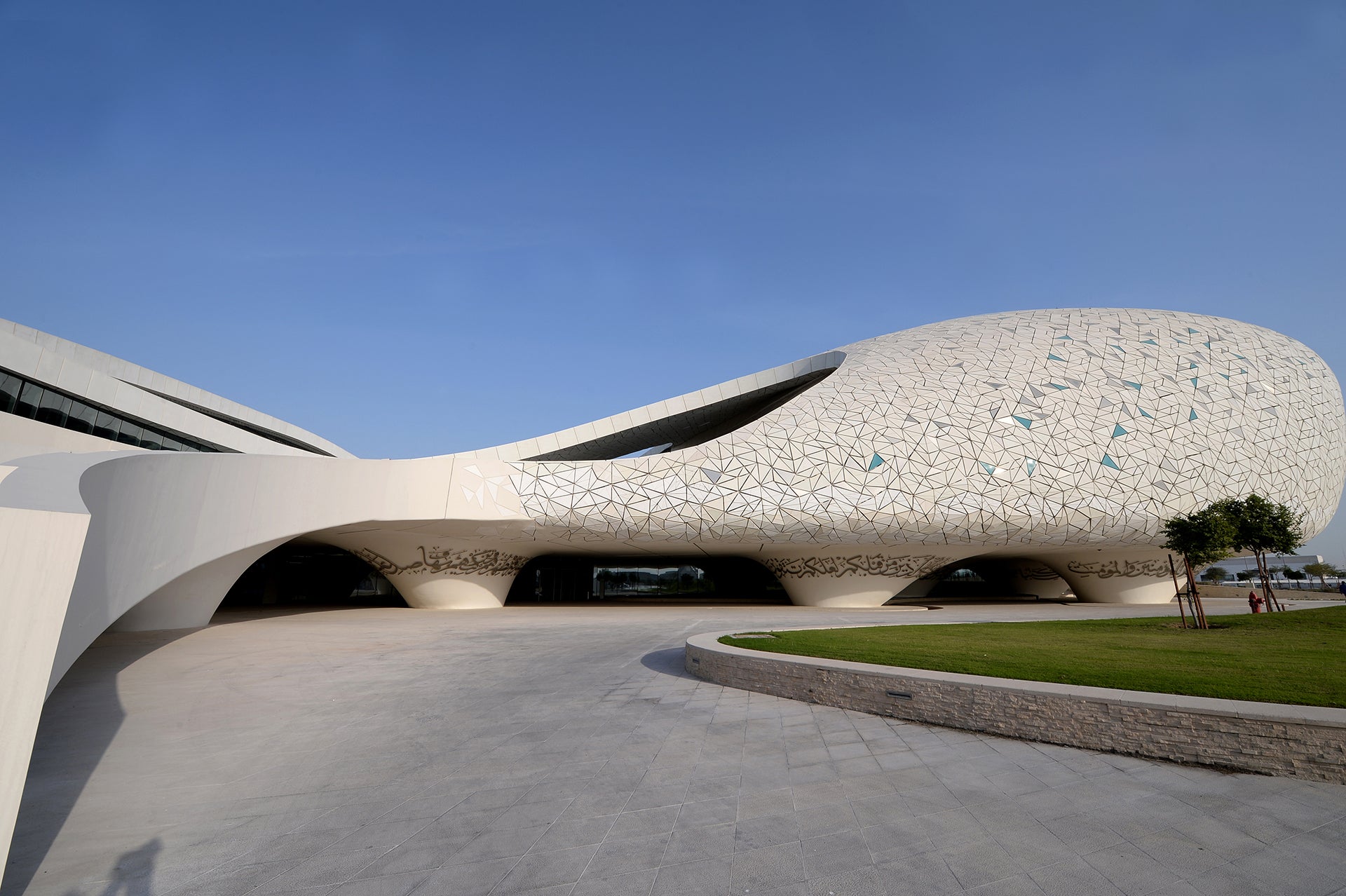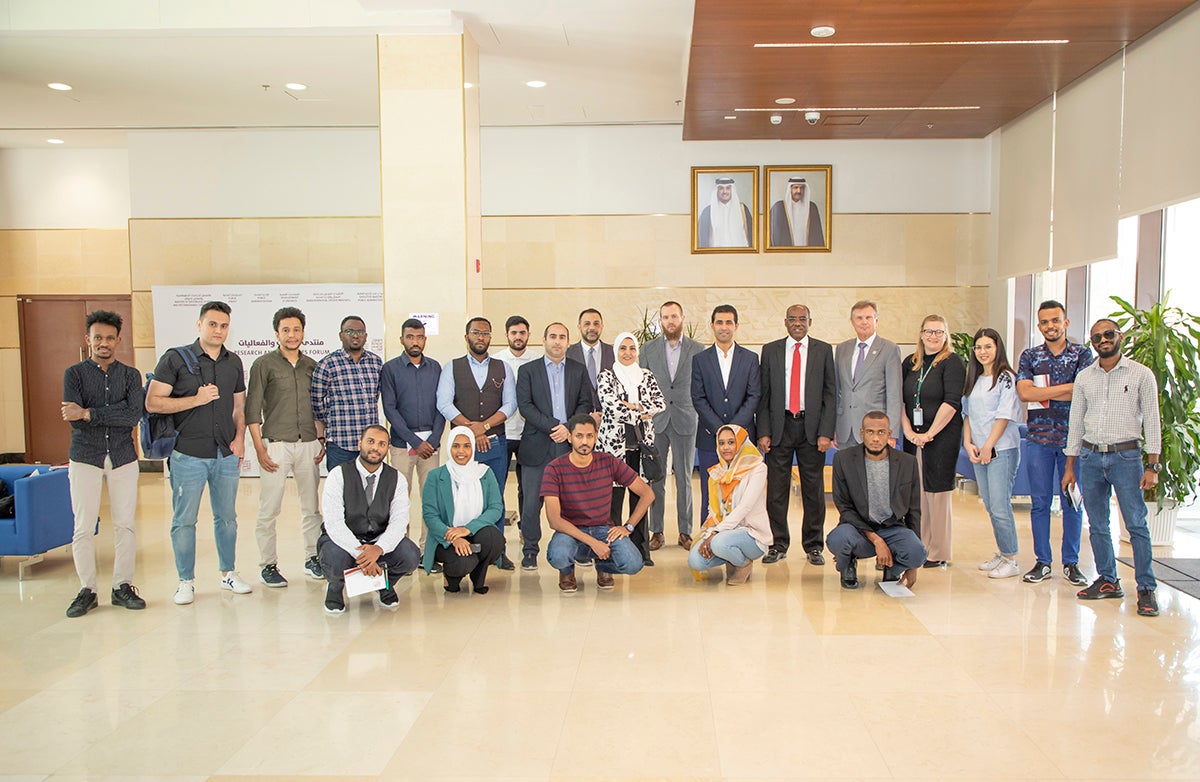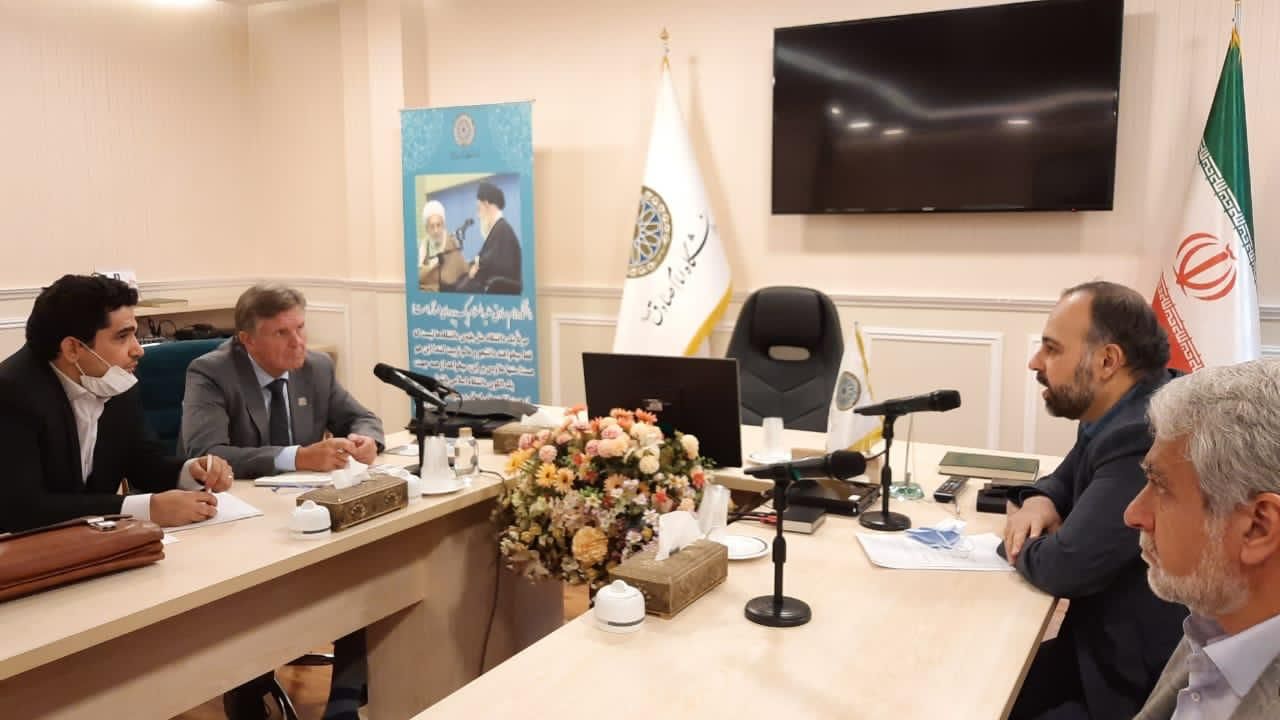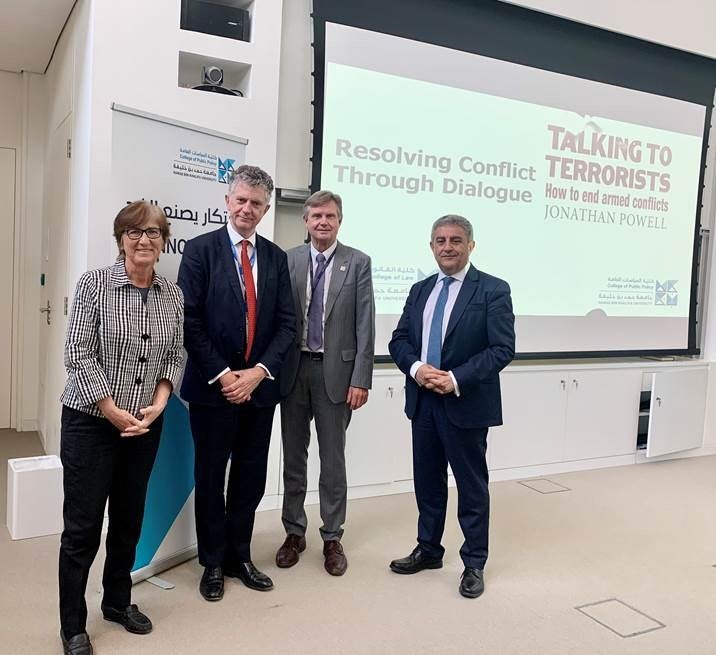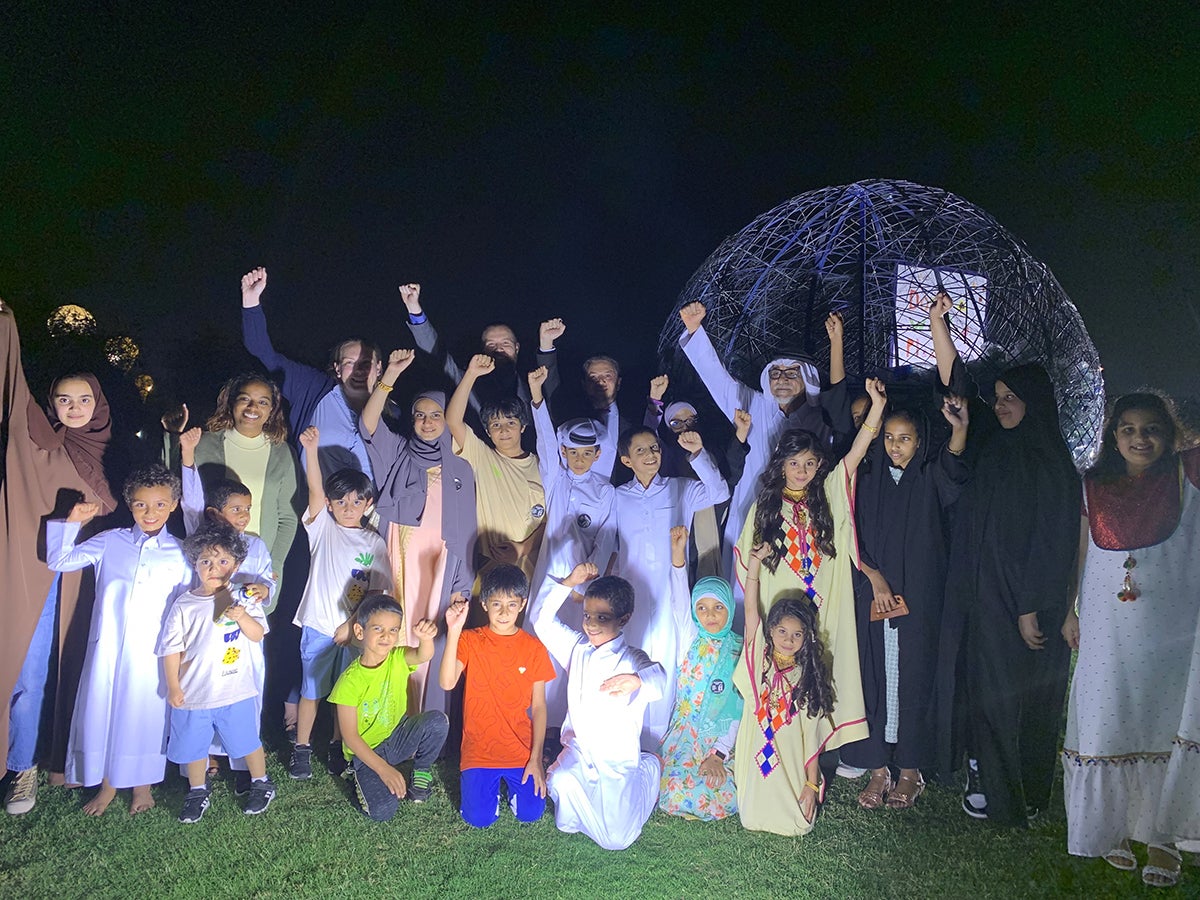Academic speakers explored the close linkages between HEIs and a country’s foreign policy
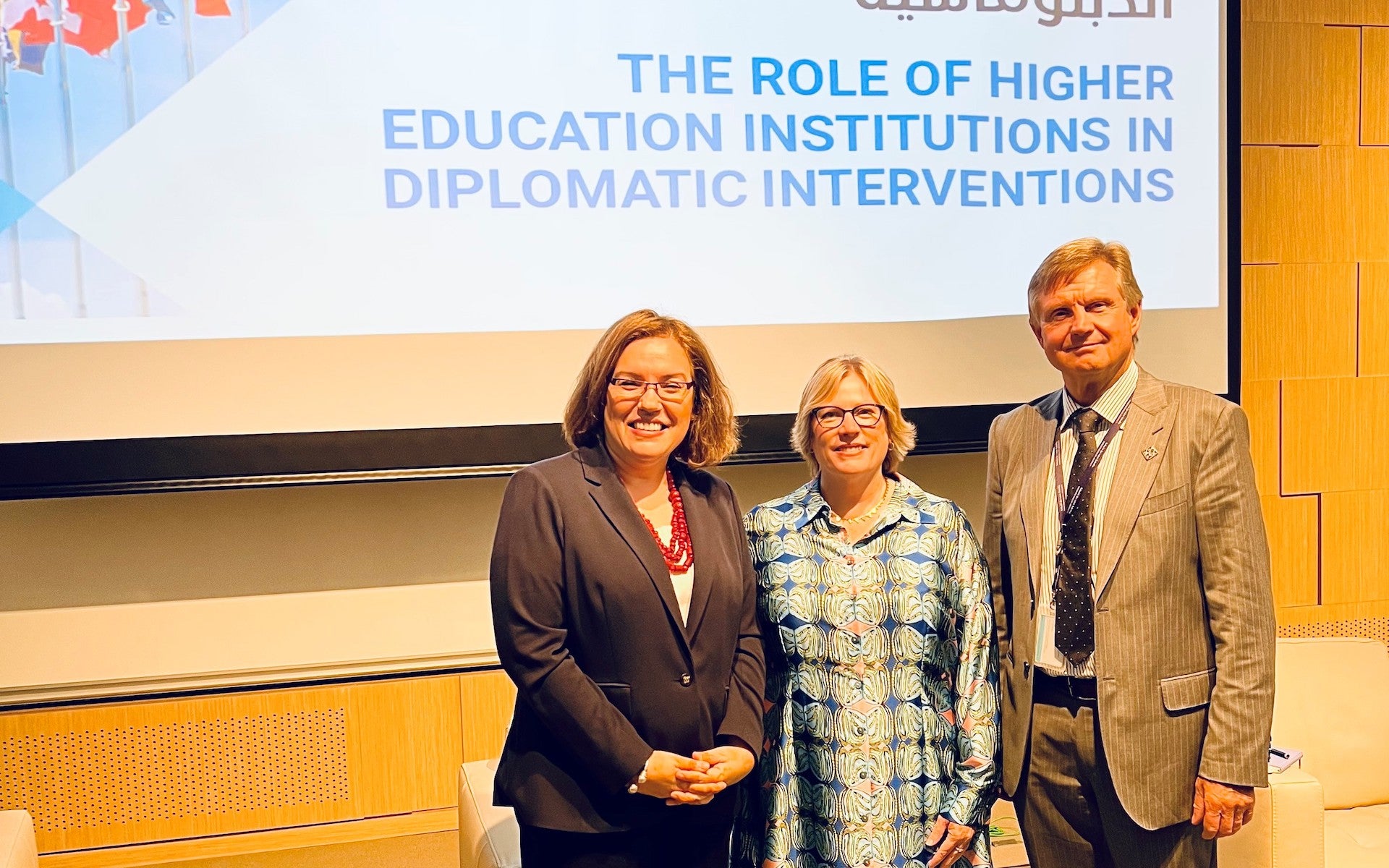
The College of Public Policy (CPP) at Hamad Bin Khalifa University (HBKU) hosted a lecture that highlighted the roles and functions of higher education institutions (HEIs) in diplomatic processes.
The speakers included Dr. Leslie A. Pal, Founding Dean of CPP; Dr. Diane Stone, Chair of Global Policy at the School of Transnational Governance, part of the European University Institute; and Dr. Vicky Kynourgiopoulou, Senior Associate Dean for Academic Affairs, Georgetown University in Qatar.
The lecture began with the participants exploring how HEIs have always been a part of foreign policies of their home governments and their role in transnational governance. As the discussion progressed, the speakers delved into three main areas of focus.
They examined HEIs’ deeper overlap in putting diplomacy into practice through adopting, adapting, and extending the classic typology of the Royal Society and American Academy for the Advancement of Science (AAAS), a ‘boundary spanning’ organization according to the Geneva Science-Policy Interface definition. AAAS is dedicated to building bridges between society and science, and strengthening the connection between policymakers, global leaders, diplomats, and scientists. Its efforts have given the concept of science diplomacy contemporary emphasis.
The participants observed that science will be critical to addressing global challenges, and the priority of science in diplomacy should be to ensure the effective uptake of high-quality scientific advice by policymakers, global leaders, and diplomats. They discussed that the Intergovernmental Panel on Climate Change (IPCC) can be considered a well-known example of a science advice mechanism for informing high-level policy-making.
The speakers also connected HEIs to the idea of ‘informal diplomacy’, and stressed that HEIs are more than simple instruments of governments and their diplomatic activities. They presented examples of manifestations of HEI activity that transcend traditional diplomatic ventures and also discussed the new spaces emerging in transnational governance for evolving forms of diplomatic praxis.
Commenting after the event, Dr. Pal said: “There is substantive scholarship which establishes that the creation of global policy and its transnational administration now includes a range of actors, not all of them nation-states. When it comes to evidence and expertise for global policy processes that governance actors need to solve pressing problems, higher education institutions will always have a role in offering scientific and technical expertise for myriad aspects of diplomacy and international development, from policy development and program planning, to implementation and evaluation.”




